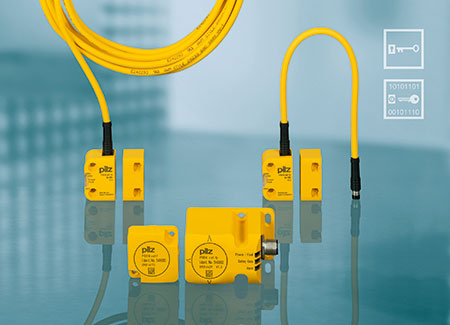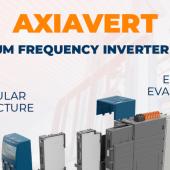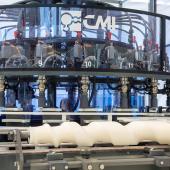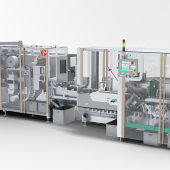RFID safety sensors
One of the most common and important functions in the field of machine safety is to check the closure of safety gates that protect the operator during normal loading and unloading of pieces.
 The verification of the gate occurs by means of sensors/switches that ensure machine movement arrest when the gates are open. Pilz (in Italy in Lentate on Severus MB), after switching from the initial mechanical conception to the magnetic one, today exploits RFID technology. Objective: also overcome the limitations of magnetic sensors, hampered by signal instability and low safety levels (if connected in series), especially after the introduction of the standards EN 13849 and EN 62061. The new products, the series PSENcode, comprise a switch and an actuator or tag, both equipped with an antenna through which they exchange identification data. If correct, these allow the activation of the emergency exits that confirm, for example, the state of gates closed and the subsequent restart of the machine.
The verification of the gate occurs by means of sensors/switches that ensure machine movement arrest when the gates are open. Pilz (in Italy in Lentate on Severus MB), after switching from the initial mechanical conception to the magnetic one, today exploits RFID technology. Objective: also overcome the limitations of magnetic sensors, hampered by signal instability and low safety levels (if connected in series), especially after the introduction of the standards EN 13849 and EN 62061. The new products, the series PSENcode, comprise a switch and an actuator or tag, both equipped with an antenna through which they exchange identification data. If correct, these allow the activation of the emergency exits that confirm, for example, the state of gates closed and the subsequent restart of the machine.
More life, more performance. Identified by the initials or PSEN cs1xx or PSEN cs3xx, Pilz RFID sensors have several advantages: they check the state of the safety gate without the switch and actuator coming into contact with each other (thus ensuring a longer sensor life) without requiring the high precision of the old mechanical switches, they do not have the application limits of magnetic sensors (metal dust, instability etc.); they ensure a high safety performance, that enables their connection in series while maintaining their “PL e”; lastly, they are coded and are practically impossible to circumvent without the use of the special activator. RFID technology is also adopted by Pilz for other products, such as those branded PSENslock and PSENsgate that as well as for verifying gate closure, are also used for blocking the same, preventing undesired or unsafe opening.

















